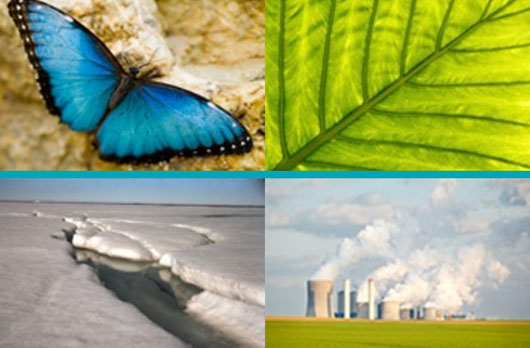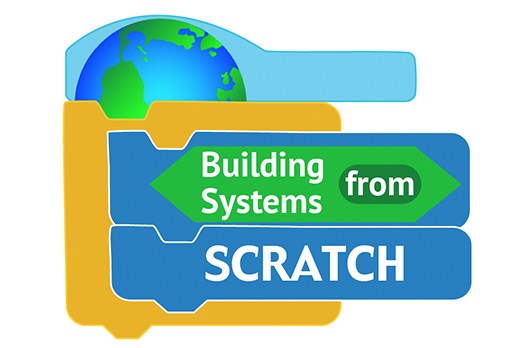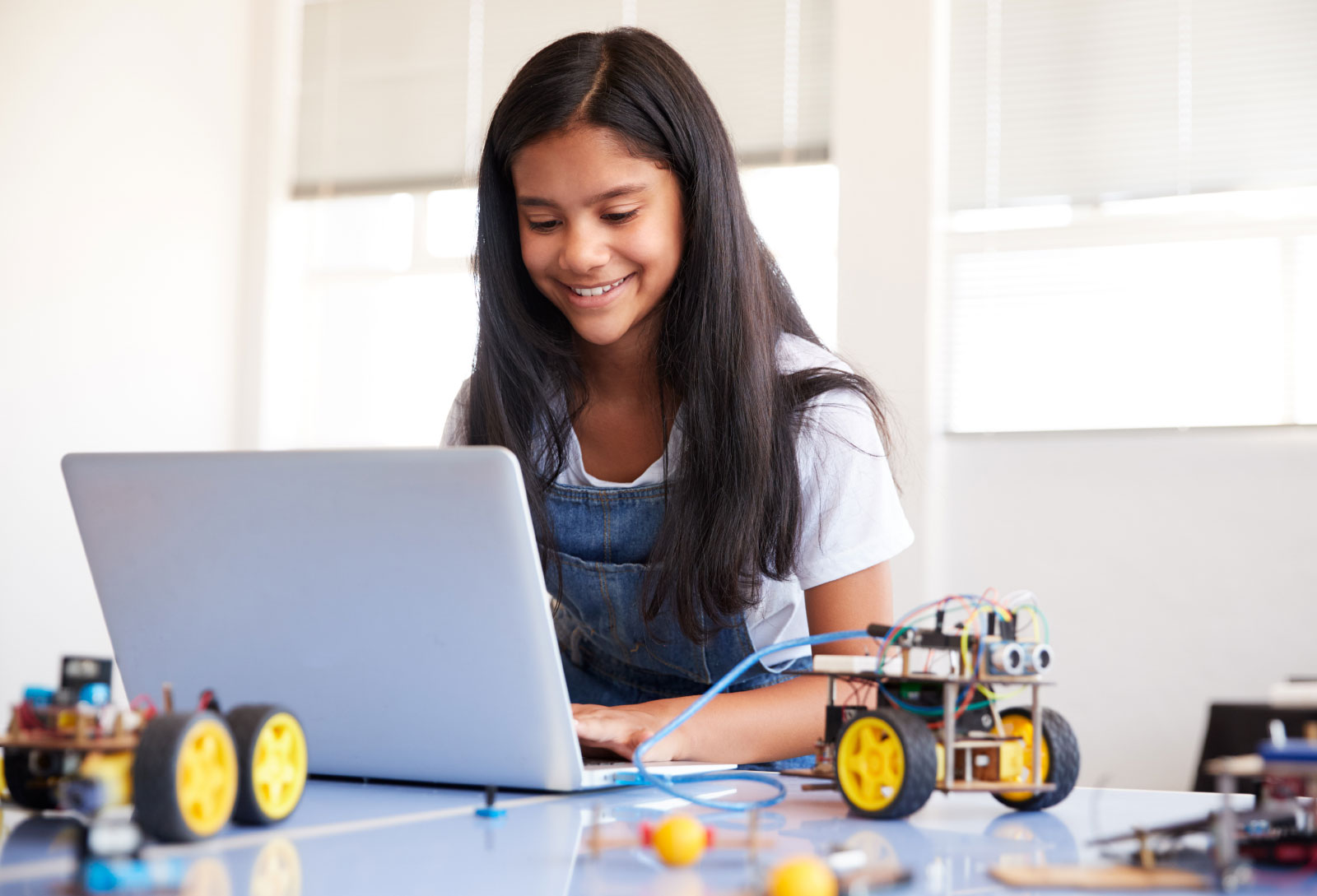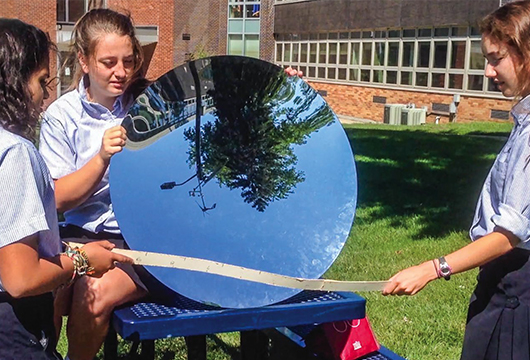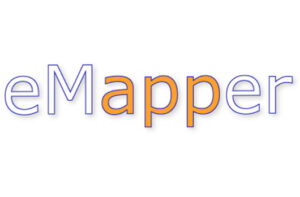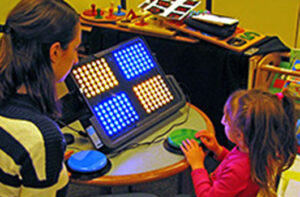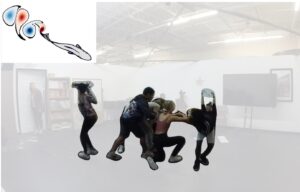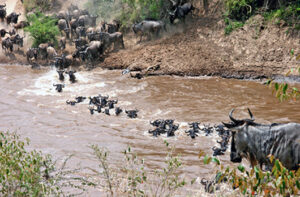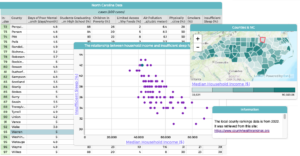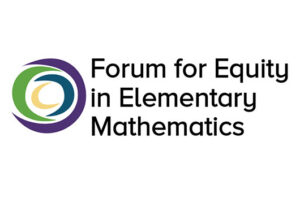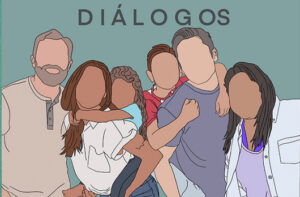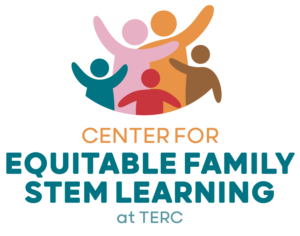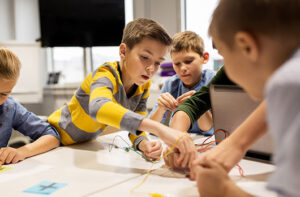Life Sciences Group
Lead Staff:
Brian DraytonGillian Puttick
SummaryThe TERC Life Sciences Group, a research and development program, is founded on the conviction that students can and should experience the life sciences as dynamic fields of inquiry whose diversity reflects the immense diversity of living systems. The Life Sciences Group believe that life science education in primary and secondary schools should take a systems biology approach across different scales, explore a range of biological phenomena and methods of investigation, and acquaint students with both qualitative and quantitative understanding. Moreover, in an era of accelerating biodiversity loss and climate change, this work is informed by biocomplexity studies. Students should learn to understand how ecological systems involve both human and nonhuman factors, and their own roles as participants in such systems. Students are young citizens of a society facing many critical ethical, political, and economic challenges. These can only be engaged effectively by those who understand something of the nature and dynamics of the complex, human-natural systems in which we live.
Current ProjectsPast Projects
Biocomplexity

Principal Investigators: Gilly Puttick and Brian Drayton National Science Foundation (DRL-1417202) TERC and the Institute for Ecosystem Studies are developing an innovative high school curriculum designed around the dynamics of complex and evolving coupled natural and human (CNH) systems. Materials are drawn from research at the Long-Term Ecological Research sites. The integrated, inquiry-based curriculum consists of a series of cases relating to biocomplexity and climate change—designed around cases in urban, suburban/agricultural, tropical and polar systems, in which students address land use and resource use challenges increasingly confronted by society. Students gather evidence and marshal arguments in support of possible solutions. Teacher materials increase teachers’ content knowledge and support instructional strategies that promote learning the key ideas and students have the opportunity to apply skills and knowledge gained from the mathematics, life science, and social science disciplines to address the complexities in the fabric of relationships between humans and the environment.
Innovate to Mitigate
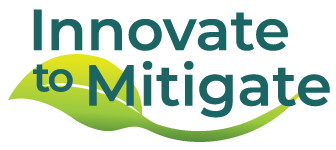
Principal Investigators: Gilly Puttick and Brian Drayton National Science Foundation (DRL-1417202) This project is designing and conducting a crowd-sourced open innovation challenge to young people of ages 13-18 to mitigate levels of greenhouse gases. The goal of the project is to explore the extent to which the challenge will successfully attract, engage and motivate teen participants to conduct sustained and meaningful scientific inquiry across science, technology and engineering disciplines. Areas in which active cutting edge research on greenhouse gas mitigation is currently taking place include, among others, biology (photosynthesis, or biomimicry of photosynthesis to sequester carbon) and chemistry (silicon chemistry for photovoltaics, carbon chemistry for decarbonization of fossil fuels). Collaborating in teams of 2-5, participants engage with the basic science in these areas, and become skilled at applying scientific ideas, principles, and evidence to solve a design problem, while taking into account possible unanticipated effects. They refine their solutions based on scientific knowledge, student-generated sources of evidence, prioritized criteria, and tradeoff considerations.
Under the Microscope
Principal Investigators: Gilly Puttick and Brian Drayton This 18-month study examines key research literature from 1987-2006 on laboratory experiences in life science in order to propose a new model for increased engagement in lab-based activities among students in grades 1-13. Project researchers are reviewing articles from publications in North America, Australia, and Europe to examine the published research on life-science laboratory experiences and their bearings on questions of progressions in learning and the adequate education of students with regard to the characteristics of living systems and how they are studied and understood. The analysis will identify areas in which more research is needed and recommend a theoretical framework with which to construct and critique progressions in laboratory exercises for biology/life science. By reporting in both research and practitioner literatures, we hope to stimulate a conversation about the role, value, and design of laboratory experiences that will strengthen our students’ understanding of the processes of life and the life sciences.
Girls Energy Conservation Corps (GECCo)

Principal Investigators: Gilly Puttick and Brian Drayton National Science Foundation (DRL-1417202) This innovative, new media-based after-school project engages girls ages 8-11 in energy conservation activities. It interweaves informal science learning, stewardship, and leadership through activities that include interactive online games, hands-on assignments, and real world energy audits. During the four-year project, more than 5,500 girls will learn about the environmental impact of energy use, practice energy conservation measures and become agents of change as they recruit peers, family members and neighbors to conserve energy. The project’s research study will address the mediation of girls’ learning and behavioral change by new media. Partners for the project are the Girl Scouts of Eastern Massachusetts and 360KID. This project is funded by the National Science Foundation. Visit Website
The Climate Lab
Principal Investigators: Gilly Puttick and Brian Drayton National Science Foundation (DRL-1417202) TERC and the Manomet Center for Conservation Sciences are developing and testing an education partnership model for climate change education that features inquiry-oriented and place-based learning. Curriculum development will begin with a prototype program developed in prior years, and use a design-based implementation research (DBIR) approach to transform this exemplar into a model that can be more widely used by scientist-school partnerships. The program will enable middle school students and teachers to compare data they collect on local transects with scientists’ data about biological indicators of climate change. The curriculum materials will relate these local data to the broader science of climate change, and engage the students with key science practices in the field and the classroom.
Visit Website
The TERC Life Sciences Group, a research and development program, is founded on the conviction that students can and should experience the life sciences as dynamic fields of inquiry whose diversity reflects the immense diversity of living systems. The Life Sciences Group believe that life science education in primary and secondary schools should take a systems biology approach across different scales, explore a range of biological phenomena and methods of investigation, and acquaint students with both qualitative and quantitative understanding. Moreover, in an era of accelerating biodiversity loss and climate change, this work is informed by biocomplexity studies. Students should learn to understand how ecological systems involve both human and nonhuman factors, and their own roles as participants in such systems. Students are young citizens of a society facing many critical ethical, political, and economic challenges. These can only be engaged effectively by those who understand something of the nature and dynamics of the complex, human-natural systems in which we live.
Past Projects
Biocomplexity

Principal Investigators: Gilly Puttick and Brian Drayton National Science Foundation (DRL-1417202) TERC and the Institute for Ecosystem Studies are developing an innovative high school curriculum designed around the dynamics of complex and evolving coupled natural and human (CNH) systems. Materials are drawn from research at the Long-Term Ecological Research sites. The integrated, inquiry-based curriculum consists of a series of cases relating to biocomplexity and climate change—designed around cases in urban, suburban/agricultural, tropical and polar systems, in which students address land use and resource use challenges increasingly confronted by society. Students gather evidence and marshal arguments in support of possible solutions. Teacher materials increase teachers’ content knowledge and support instructional strategies that promote learning the key ideas and students have the opportunity to apply skills and knowledge gained from the mathematics, life science, and social science disciplines to address the complexities in the fabric of relationships between humans and the environment.
Innovate to Mitigate

Principal Investigators: Gilly Puttick and Brian Drayton National Science Foundation (DRL-1417202) This project is designing and conducting a crowd-sourced open innovation challenge to young people of ages 13-18 to mitigate levels of greenhouse gases. The goal of the project is to explore the extent to which the challenge will successfully attract, engage and motivate teen participants to conduct sustained and meaningful scientific inquiry across science, technology and engineering disciplines. Areas in which active cutting edge research on greenhouse gas mitigation is currently taking place include, among others, biology (photosynthesis, or biomimicry of photosynthesis to sequester carbon) and chemistry (silicon chemistry for photovoltaics, carbon chemistry for decarbonization of fossil fuels). Collaborating in teams of 2-5, participants engage with the basic science in these areas, and become skilled at applying scientific ideas, principles, and evidence to solve a design problem, while taking into account possible unanticipated effects. They refine their solutions based on scientific knowledge, student-generated sources of evidence, prioritized criteria, and tradeoff considerations.
Under the Microscope
Principal Investigators: Gilly Puttick and Brian Drayton This 18-month study examines key research literature from 1987-2006 on laboratory experiences in life science in order to propose a new model for increased engagement in lab-based activities among students in grades 1-13. Project researchers are reviewing articles from publications in North America, Australia, and Europe to examine the published research on life-science laboratory experiences and their bearings on questions of progressions in learning and the adequate education of students with regard to the characteristics of living systems and how they are studied and understood. The analysis will identify areas in which more research is needed and recommend a theoretical framework with which to construct and critique progressions in laboratory exercises for biology/life science. By reporting in both research and practitioner literatures, we hope to stimulate a conversation about the role, value, and design of laboratory experiences that will strengthen our students’ understanding of the processes of life and the life sciences.
Girls Energy Conservation Corps (GECCo)

Principal Investigators: Gilly Puttick and Brian Drayton National Science Foundation (DRL-1417202) This innovative, new media-based after-school project engages girls ages 8-11 in energy conservation activities. It interweaves informal science learning, stewardship, and leadership through activities that include interactive online games, hands-on assignments, and real world energy audits. During the four-year project, more than 5,500 girls will learn about the environmental impact of energy use, practice energy conservation measures and become agents of change as they recruit peers, family members and neighbors to conserve energy. The project’s research study will address the mediation of girls’ learning and behavioral change by new media. Partners for the project are the Girl Scouts of Eastern Massachusetts and 360KID. This project is funded by the National Science Foundation. Visit Website
The Climate Lab
Principal Investigators: Gilly Puttick and Brian Drayton National Science Foundation (DRL-1417202) TERC and the Manomet Center for Conservation Sciences are developing and testing an education partnership model for climate change education that features inquiry-oriented and place-based learning. Curriculum development will begin with a prototype program developed in prior years, and use a design-based implementation research (DBIR) approach to transform this exemplar into a model that can be more widely used by scientist-school partnerships. The program will enable middle school students and teachers to compare data they collect on local transects with scientists’ data about biological indicators of climate change. The curriculum materials will relate these local data to the broader science of climate change, and engage the students with key science practices in the field and the classroom.
Visit Website
Biocomplexity

Principal Investigators: Gilly Puttick and Brian Drayton National Science Foundation (DRL-1417202) TERC and the Institute for Ecosystem Studies are developing an innovative high school curriculum designed around the dynamics of complex and evolving coupled natural and human (CNH) systems. Materials are drawn from research at the Long-Term Ecological Research sites. The integrated, inquiry-based curriculum consists of a series of cases relating to biocomplexity and climate change—designed around cases in urban, suburban/agricultural, tropical and polar systems, in which students address land use and resource use challenges increasingly confronted by society. Students gather evidence and marshal arguments in support of possible solutions. Teacher materials increase teachers’ content knowledge and support instructional strategies that promote learning the key ideas and students have the opportunity to apply skills and knowledge gained from the mathematics, life science, and social science disciplines to address the complexities in the fabric of relationships between humans and the environment.
Innovate to Mitigate

Principal Investigators: Gilly Puttick and Brian Drayton National Science Foundation (DRL-1417202) This project is designing and conducting a crowd-sourced open innovation challenge to young people of ages 13-18 to mitigate levels of greenhouse gases. The goal of the project is to explore the extent to which the challenge will successfully attract, engage and motivate teen participants to conduct sustained and meaningful scientific inquiry across science, technology and engineering disciplines. Areas in which active cutting edge research on greenhouse gas mitigation is currently taking place include, among others, biology (photosynthesis, or biomimicry of photosynthesis to sequester carbon) and chemistry (silicon chemistry for photovoltaics, carbon chemistry for decarbonization of fossil fuels). Collaborating in teams of 2-5, participants engage with the basic science in these areas, and become skilled at applying scientific ideas, principles, and evidence to solve a design problem, while taking into account possible unanticipated effects. They refine their solutions based on scientific knowledge, student-generated sources of evidence, prioritized criteria, and tradeoff considerations.
Under the Microscope
Principal Investigators: Gilly Puttick and Brian Drayton This 18-month study examines key research literature from 1987-2006 on laboratory experiences in life science in order to propose a new model for increased engagement in lab-based activities among students in grades 1-13. Project researchers are reviewing articles from publications in North America, Australia, and Europe to examine the published research on life-science laboratory experiences and their bearings on questions of progressions in learning and the adequate education of students with regard to the characteristics of living systems and how they are studied and understood. The analysis will identify areas in which more research is needed and recommend a theoretical framework with which to construct and critique progressions in laboratory exercises for biology/life science. By reporting in both research and practitioner literatures, we hope to stimulate a conversation about the role, value, and design of laboratory experiences that will strengthen our students’ understanding of the processes of life and the life sciences.
Girls Energy Conservation Corps (GECCo)

Principal Investigators: Gilly Puttick and Brian Drayton National Science Foundation (DRL-1417202) This innovative, new media-based after-school project engages girls ages 8-11 in energy conservation activities. It interweaves informal science learning, stewardship, and leadership through activities that include interactive online games, hands-on assignments, and real world energy audits. During the four-year project, more than 5,500 girls will learn about the environmental impact of energy use, practice energy conservation measures and become agents of change as they recruit peers, family members and neighbors to conserve energy. The project’s research study will address the mediation of girls’ learning and behavioral change by new media. Partners for the project are the Girl Scouts of Eastern Massachusetts and 360KID. This project is funded by the National Science Foundation. Visit Website
The Climate Lab
Principal Investigators: Gilly Puttick and Brian Drayton National Science Foundation (DRL-1417202) TERC and the Manomet Center for Conservation Sciences are developing and testing an education partnership model for climate change education that features inquiry-oriented and place-based learning. Curriculum development will begin with a prototype program developed in prior years, and use a design-based implementation research (DBIR) approach to transform this exemplar into a model that can be more widely used by scientist-school partnerships. The program will enable middle school students and teachers to compare data they collect on local transects with scientists’ data about biological indicators of climate change. The curriculum materials will relate these local data to the broader science of climate change, and engage the students with key science practices in the field and the classroom.
Visit Website
